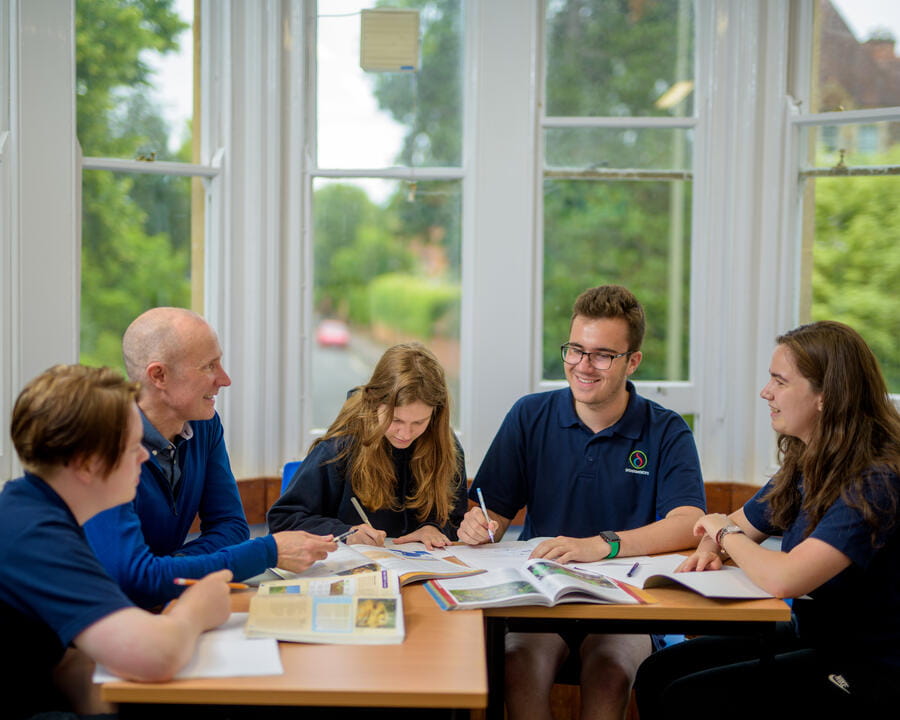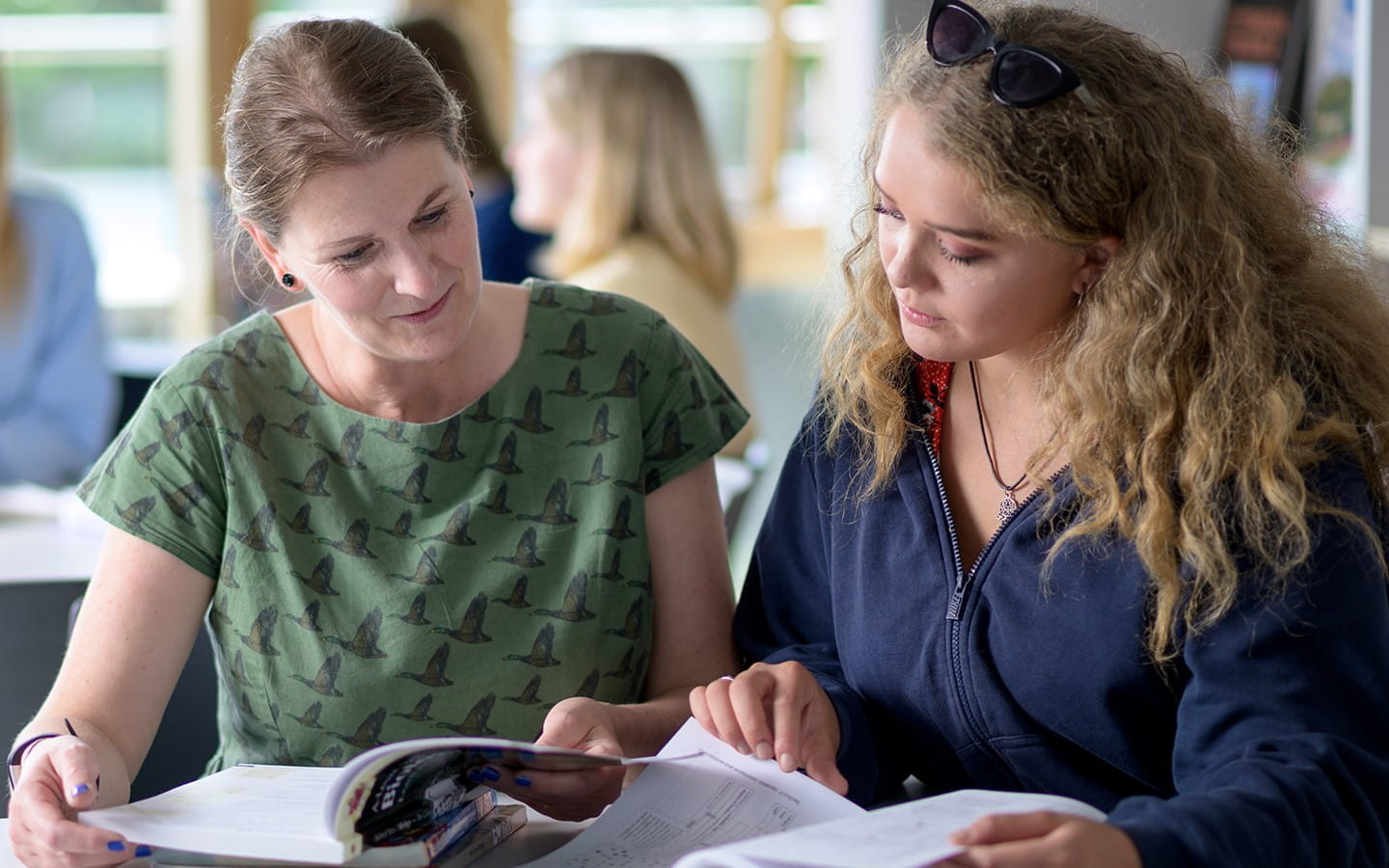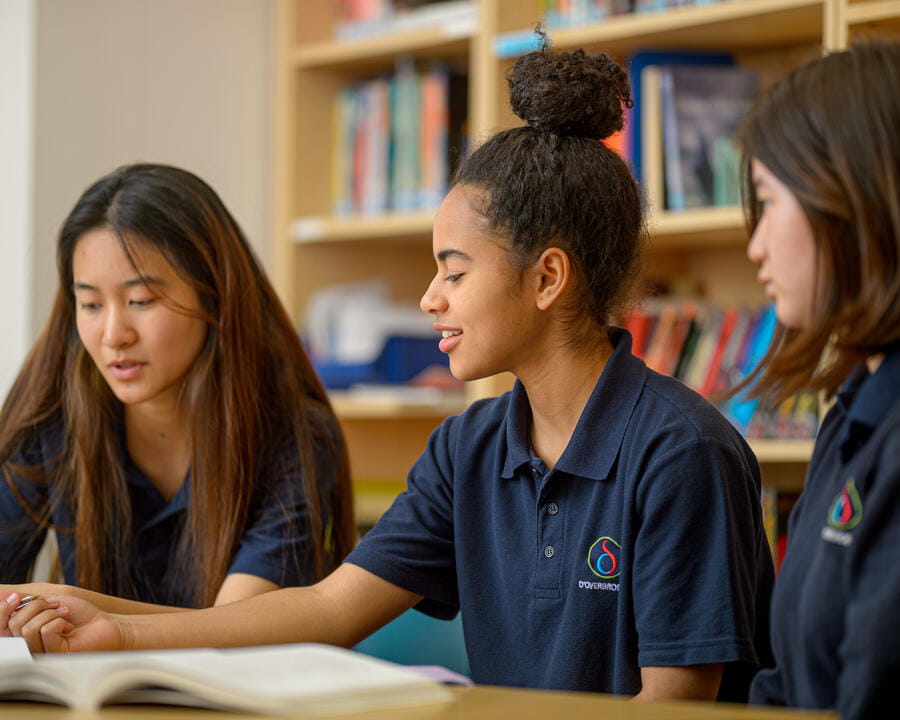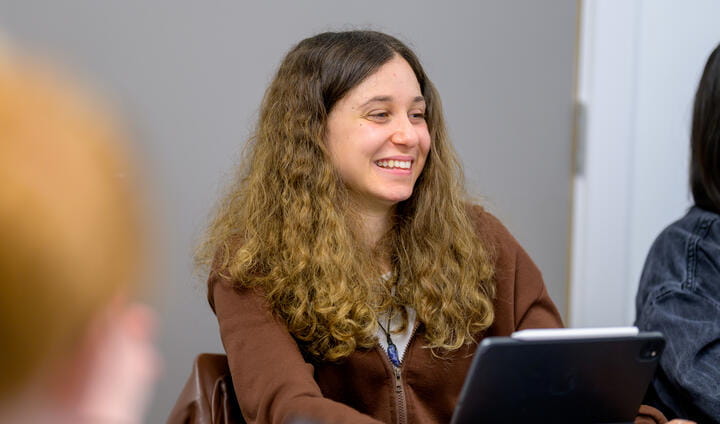We use cookies to improve your online experiences. To learn more and choose your cookies options, please refer to our cookie policy.
Chris has taught at d’Overbroeck’s since 2001. He has a First Class degree in English Literature from the University of York and an M.Phil in Romantic Literature from Wadham College, Oxford. Despite this, he still enjoys reading for pleasure. His authors of choice include Hardy, Larkin, and Ishiguro, and possibly his all-time favourite moment in Literature occurs in Chapter 55 of Tess of the d’Urbervilles. He is generally happiest when swimming under the open sky or scrambling up mountains. His favourite inventions are the book and the bicycle, and he slightly wishes the Internet had never happened.















